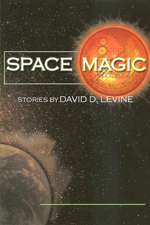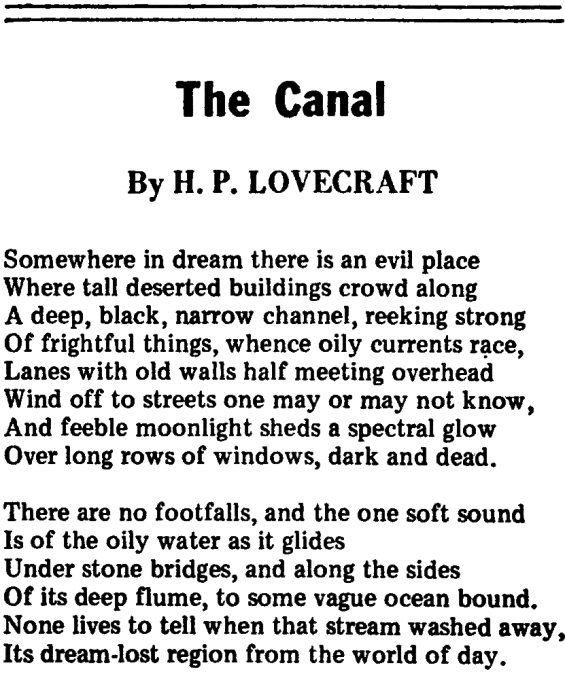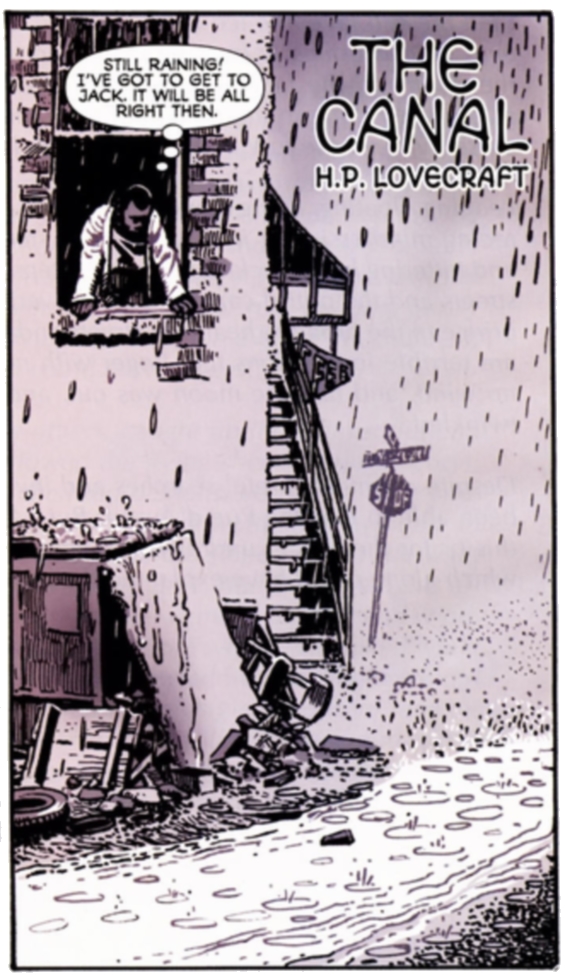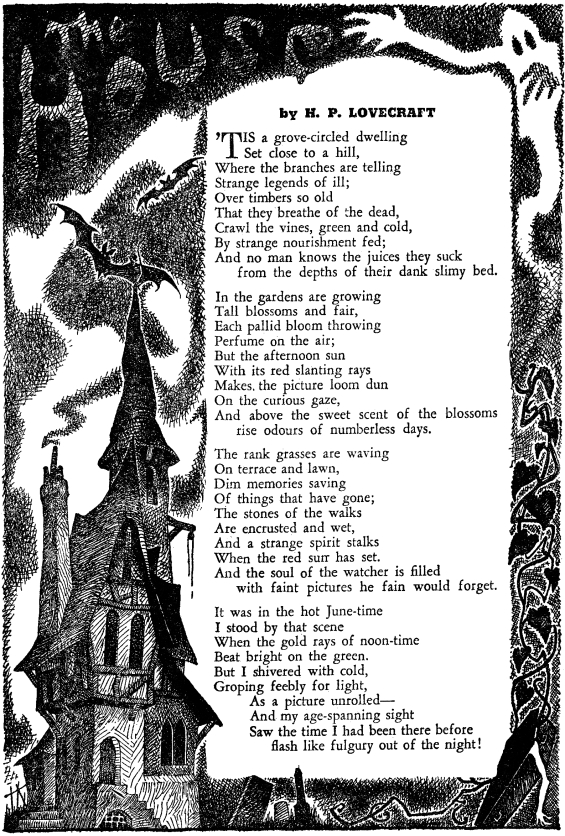
 Space Magic
Space Magic
By David D. Levine; Read by David D. Levine
Publisher: Book View Café
Publication Date: 25 June 2013
ISBN: 978-1-61138-281-5
[UNABRIDGED] – 7 hours; 56 minutes
Themes: / short stories / interstellar salesman / comic book fantasy / space magic /
Publisher summary:
This Endeavour Award-winning collection pulls together 15 critically acclaimed science fiction and fantasy stories that take readers from a technicolor cartoon realm to an ancient China that never was, and from an America gone wrong to the very ends of the universe. Including the Hugo Award-winning Tk’Tk’Tk, the Writers of the Future Award winner Rewind, Nucleon, The Tale of the Golden Eagle, and many other highly-praised stories, Space Magic shows David D. Levine’s talents not only as a gifted writer but as a powerful storyteller whose work explores the reaches of space as well as the depths of the human heart.
Space Magic is a collection of short stories by David D. Levine that are either Science Fiction, Fantasy, or some combination of those together. I really enjoyed this short story collection. Short stories in general sometimes feel underdeveloped or trivial, but the stories in this collection each do a great job of introducing a whole new world, what’s going on, and coming to a satisfying conclusion. If you like science fiction or fantasy of any kind, this is a great collection of stories.
Here were some of my more favorite stories:
Nucleon – This was like Mr. Magorium’s wonder imporium at a junkyard. A fun concept and likeable characters.
Zauberschrift – Really cool story about a scribe who used to apprentice with feuding wizards needs to help a village plagued by bad magic. Really cool magic ideas and insights into mob mentality.
Rewind – This story really reminded me of Equilibrium in how you have someone from an elite force of some totalitarian government join in with the rebellion with his super abilities/powers. So many possibilities in this story.
Brotherhood – A great story of the labor force in their struggles with the man that will have you wondering why it’s in this collection for most of the story…(in a good way)
Tk’Tk’Tk – This story takes the problems of a salesman selling to a different culture to the extreme. What if you were an interstellar salesman coping with the cultures of another species you could barely understand?
Charlie the Purple Giraffe Was Acting Strangely – This story is crazy. What happens to comic characters between the cells and between the comics?
The Ecology of Faerie – This story is like Faerie horror. I don’t know how Mr. Levine did it, but he made a Faerie story like Night of the Living dead and it’s awesome!
David D. Levine does his own reading for this book, and does a decent job.
Posted by Tom Schreck
 The Elephant Vanishes: Stories
The Elephant Vanishes: Stories


